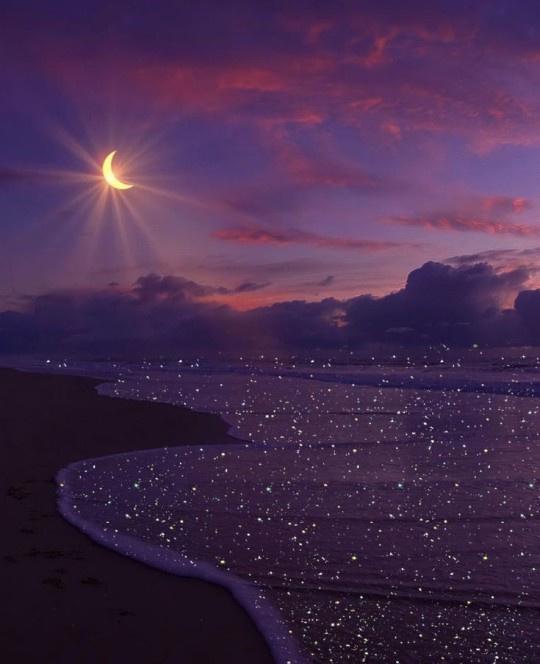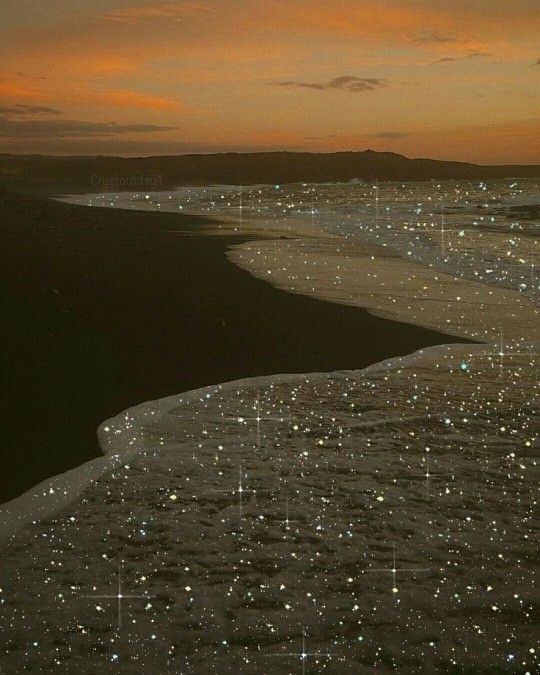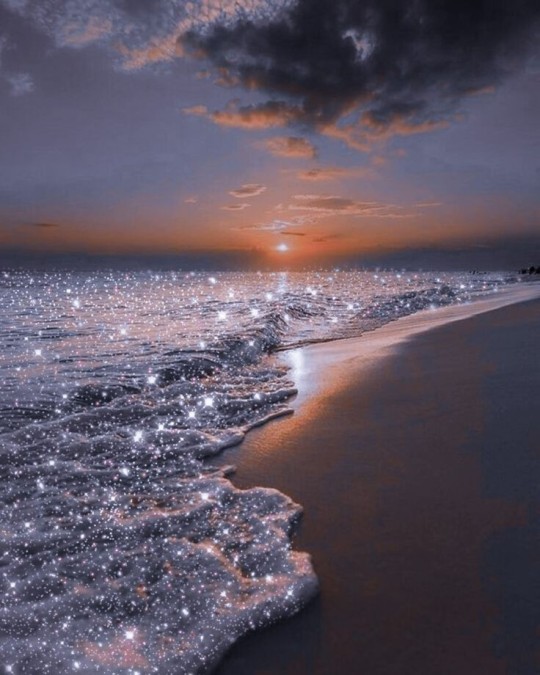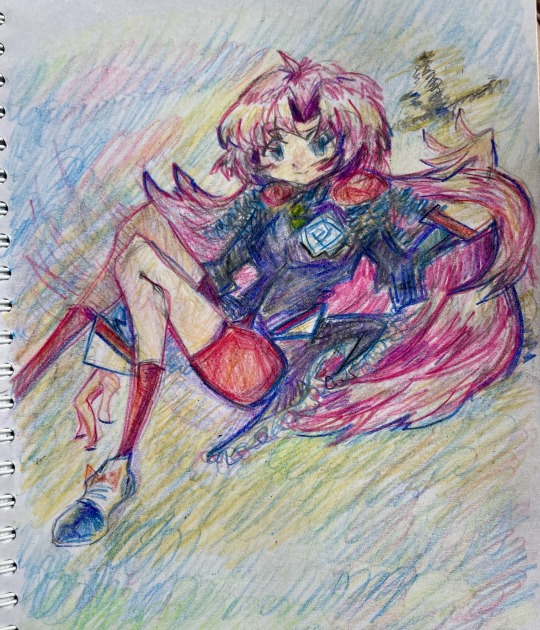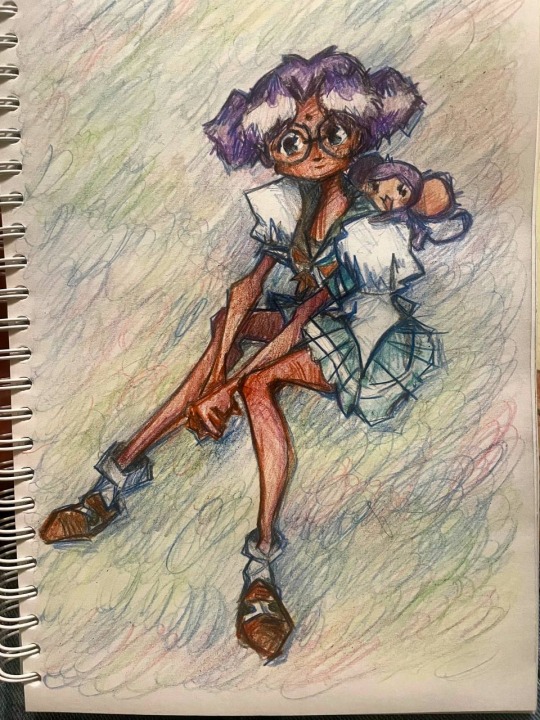Text
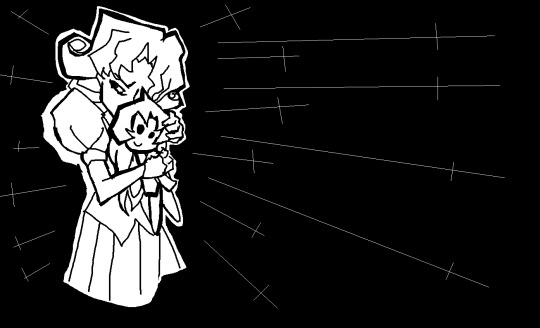
The Witch and her (comfort) toy
41 notes
·
View notes
Text

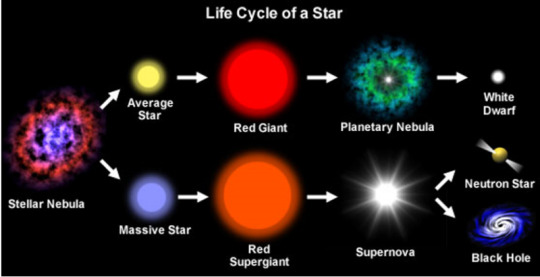
shut up akio this is not how stars age
#unless he is talking about either red dwarf or white dwarf but#red dwarfs do not shine super brightly to begin with and white dwarfs are already corpses so#revolutionary girl utena#akio ohori#shoujo kakumei utena#rgu
77 notes
·
View notes
Text


kick/ronaldo toxic yaoi real???
#kick buttowski#kick/ronaldo#kinaldo#“kick's archrival who wears all red and whos vehicals work better but kick beats him in pain tolarance and refusal to quit”#just say ronaldo ok
8 notes
·
View notes
Text
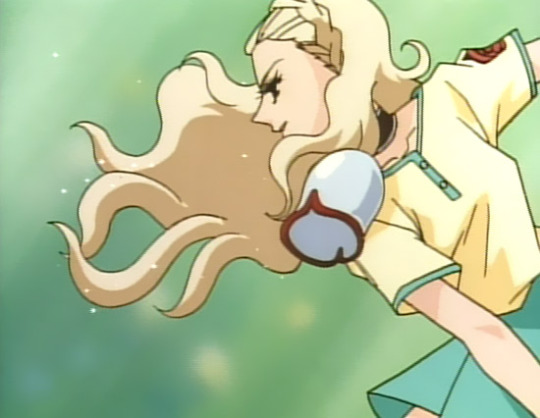
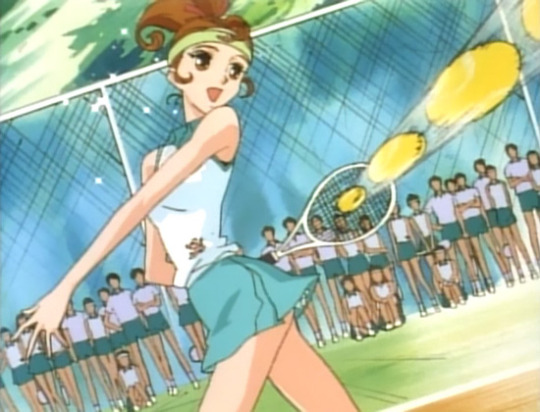
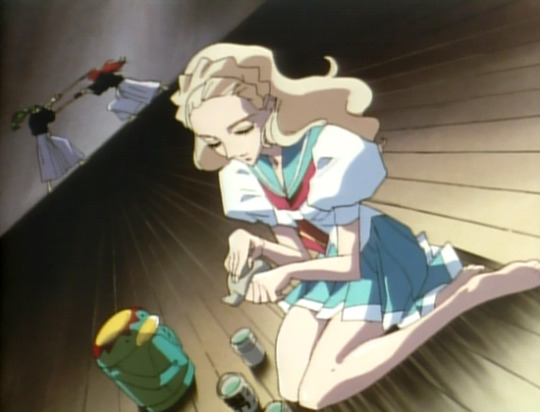

thinking about the nanami-wakaba parallels
#revolutionary girl utena#shoujo kakumei utena#rgu#nanami kiryuu#wakaba shinohara#nanami x wakaba#pov: you are just an ordinary girl who desperately try to become special but it only hurts#you become “empovered” that one time because of ohtori's grooming only to realize that i was never real empowerment#you own a cappa#also thinking about the cappa symbolism....
87 notes
·
View notes
Text
oh god I thought this spring will heal me from the brain bullshit that I was dwelling in but NOOOO
god I will never forgive these scumbags for ostrasizing me for not being a "perfect" autist and then harassing me publically when I was lashing out:)))
3 notes
·
View notes
Text
"why can't they just be friends" not in the homophobic way but in the "their platonic relationship in the source material is far more dynamic and complex than the sanitized personalities they gain as a result of shipping" way
#reblog#honestly i'm sick of two men or two women characters always ALWAYS having to date each other to prove that they're not straight#gay people still can be besties ok#amatonormativity
36K notes
·
View notes
Text
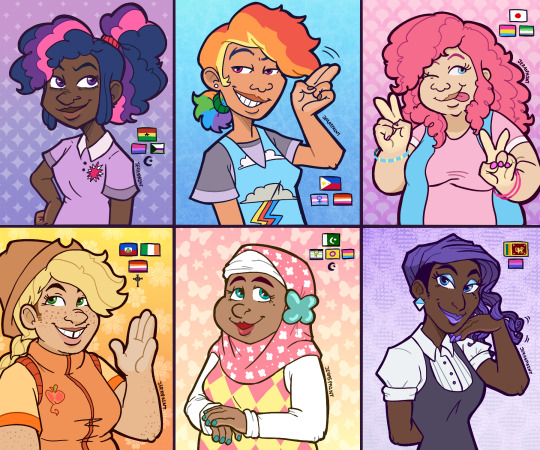
... no goddamn way are these designs over a DECADE old? 💀💀💀
204 notes
·
View notes
Text
anthy and saionji both have long wavy hair, but anthy mostly keeps it pinned up and saionji mostly lets it loose, and they have have inverse hair and eye color schemes. the colors of purple and green operate symbolically within utena in a far less immediately noticeable way than the colors of white, red, or yellow, but they nonetheless perform a necessary symbolic function within the narrative.
we are told in ep 13 ("tracing a path") that the "green duels" (ie, utena's first two duels against saionji) represent "amitié" and "choix" (friendship and choice), while the duel called "révolution" is dark purple. in her initial duels, utena fights for friendship (for wakaba), and then makes the active choice to win so as to keep anthy from saionji's clutches. but "raison," "amour," and "adoration" don't follow this pattern. miki is the one who fights out of "reason," juri is the one who fights out of love, and nanami is the one who fights out of adoration (for touga). you could of course also argue that utena mirrors their desires in various ways: like miki, utena thinks that her desire to participate in the duels is logical rather than driven by ego; like juri, utena is a closeted lesbian who fights for an idealized love object; and like nanami, utena fights out of adoration for her prince. but they are more superficially describing miki, juri, and nanami’s motivations than utena’s. moreover, utena's fights against touga, "conviction" and "soi," go back to primarily representing utena's emotions and motivations for fighting. and finally, the duel called revolution is, of course, not only utena's revolution, but, arguably more importantly, anthy's.
thus, reading these labeled ascribed to color symbolism is not as simple as attributing them 1:1 to different ideas. after all, red is an extremely prevalent color in utena, and reducing it simply to "conviction" and "soi" as akio does is willfully playing into his game of ignoring its significance as it functions as the color of [sexual] violence, among other things. the definitions of symbols we are presented with are not simply what the symbols "mean," but rather what the frame is indicating, and often obfuscating, and the onus is on us as viewers not simply to "decode" certain symbols present, but also to interpret and actively complicate them.
when it comes to saionji's duels, i think you can read these labels both ways; both as utena fighting for wakaba and then for anthy, but also as saionji choosing to fight due to his own complicated friendship. his sunlit garden is, after all, his memories with touga, and his primary motivator and desire for "eternity" is his infinitely complicated desire to both surpass touga – beating him in a duel, acquiring the power he believes touga to already possess, etc. – and regress to a simpler point in their childhoods, which is why he also just refuses to let touga go despite actively loathing the person touga has become.
his hair is green and eminently noticeable, both because it is genuinely beautiful, and also because he basically only ever ties it up when practicing kendo. kendo is when he is most in his element (arguably the only times he is ever in his element and not painfully awkward and cringeworthy), and is also the one thing he actually has that proves that he is superior to touga in some concrete way. but in his student council uniform, he keeps his hair long and loose, like an open wound bleeding out everywhere.
anthy, on the other hand, keeps her long, beautiful, purple hair tied up, and only ever lets it down in her most intimate and vulnerable moments. unlike saionji, who is a pathetic open book, anthy never wears her heart on her sleeve (she claims she doesn't even have a heart). she is always guarded. when she lets her hair down, she looks like an entirely different person. she looks far younger, far more girlish. akio exploits that youth and vulnerability, while utena connects with it as her peer who feels empathy and compassion for her friend's suffering. anthy's purple hair signifies revolution both in the sense that as the rose bride and an "extension" of akio, she perpetuates the infinite cycle of futile stasis, and in the sense that she ultimately does emerge from her coffin and leaves ohtori behind.
so why are her eyes green, and saionji's eyes purple? this inversion is deliberate, of course. to be reductive, anthy has the eyes of "friendship and choice," and saionji has the eyes of "revolution." if hair represents how characters are perceived and interpreted by the gaze of the other, then eyes represent the character's internal gaze projected outwards — or more simply, their worldview. anthy's purple signifies both the coffin as eternal prison and its revolutionary potential upon leaving it. who is most insistent that we must leave our coffins prepared for us by end of the world? and who is given the opportunity to egress through expulsion, but also finds that even as he wishes to escape his coffin, something keeps him miserably moored in ohtori, even as he resists its thrall?
saionji is the character most vocally outspoken against the system, and not only the system of fighting to possess a girl, which is obviously, gratuitously objectionable, but the very premise of ohtori in itself, the system of school as coffin. but he is also the first character we are introduced to who participates in it, and he subscribes to anthy's abuse and exploitation wholeheartedly, almost demonically. even those within ohtori's walls can condemn saionji's blatant, uncouth mode of abuse; unlike the covert and obscured sexual violence permeating ohtori's hallowed halls, saionji's physical violence cannot be obfuscated, and it makes him a target of punishment through satisfying humiliation. everyone enjoys schadenfreude at the expense of a violent misogynist. meanwhile, touga is equally as pathetic and humiliating if not more so, but his methods of violence are less obvious, and due to wholly subscribing to the narrative (ie, akio) and operating within that frame, he cannot be made an object of ridicule as saionji is. saionji is both ridiculed because it is funny to watch a perpetrator of domestic abuse get turned into a monkey, and because his cogent insights must be undermined through mockery within the confines of a narrative he actively attempts to resist.
anthy, on the other hand has green eyes, as does akio. anthy's sunlit garden, if you can even call it that, was her memories of dios as prince. such a memory is only depicted through the falsity of theatrical shadows, an illusion projected onto the literal stage quite like the illusions akio projects across his entire domain. we are then given insight into a "truer" memory (still nonetheless complicated by anachronistic signifiers and the haze of allegory and illusion). but, we are told, anthy made the choice to sacrifice herself for dios. she bore all the pain and suffering of humanity's hatred for years out of love for her brother. what is utena if not a show about friendship and choice? who is anthy if not a young, scared girl who loved too deeply and paid the ultimate price for it?
utena wants to be dios, but touga wants to be akio. anthy attaches herself to dios-as-akio, and saionji attaches himself to touga-as-akio. "you remind me so much of dios when i loved him." the memory of a person you once truly loved, taking on a completely different name in memoriam of that past version, trapped in the perfect stasis of memory, the sunlit garden of the mind, that will never go to seed. the touga of nanami's memories, the touga of saionji's memories, and the touga of the present, are three different people, functionally speaking (and this isn't even getting into the touga of utena's memories in adolescence). just as anthy resents the akio of the present who conflicts with her ideals of dios in the past, saionji attaches himself to a memory of touga, doing everything in his power not only to break free of his own coffin, but to help touga escape his. if anthy fears that utena becoming dios will result in her turning into akio proper, saionji's fear is even more potent, as touga is already in the process of becoming akio, and there is seemingly nothing left to do but become his rose bride.
there is also the obvious fact that, while a distinctly different shade, ohtori school uniforms, especially the boys' uniforms, are largely green. and saionji's kendo outfit is partially purple (albeit a lighter purple than anthy's hair) and partially black (like utena’s shirt). akio/anthy's green eyes can thus be read as their entrenched roles within the walls of ohtori, while saionji's purple hakama when he a) is situated in his element (kendo) and b) says "no matter how you may be abused, you're always happy to be near the one you love" (for which he is immediately dismissed) may signify his latent "princeliness," both as he participates in the system of exploitation and abuse, and as he attempts to resist it.
ultimately, saionji and anthy's inverse color scheme constitutes merely one facet of a much larger tapestry of color symbolism, which could be analyzed endlessly, and lies far beyond the scope of this single post. i merely wanted to draw attention to anthy and saionji's roles not only as visual foils, but also as thematic complements. two coffin-dwellers, trapped in a system that explicitly harms them and harming others in the process (including each other). two sides of the same rose bride paradox. two self-destructive cynics. two idealists who, no matter how they may be abused, are always happy to be near the one they love.
75 notes
·
View notes
Text


The rose petal dance in the movie is usually compared to the ball dance scene in ep 3, but I still can't stop thinking about the parallels with the night arena scene in ep 36.
In both cases the night full of stars is artifical and can easily be changed, but if in first case it's Touga begging Utena spend a romantic night with him and her doing it reluctently, in the movie it's Utena crying because he will never do it and lashing out about it while Anthy CREATING THIS NIGHT FULL OF STARS FOR HER while being like "Hey don't cry Utena, the prince maybe dead but you still can have all that fairytale night with me, let's just dance together and enjoy what we have"
#revolutionary girl utena#shoujo kakumei utena#utenaanthy#antena#utena x anthy#adolscense of utena#I just love anthy ok
48 notes
·
View notes
Text
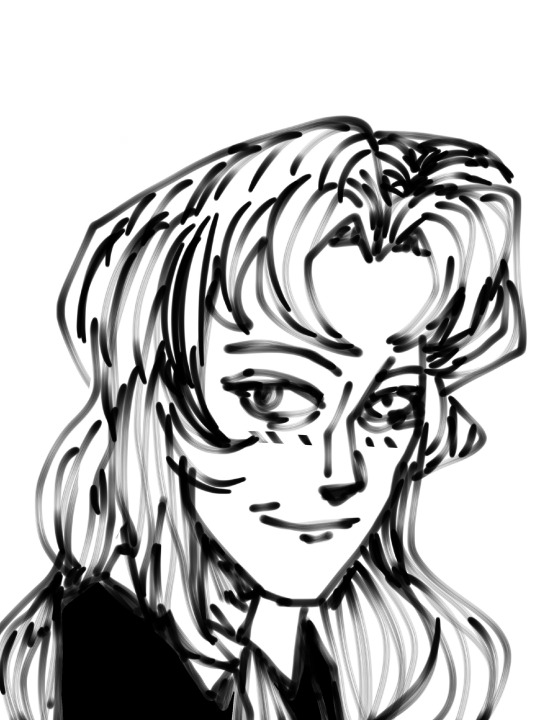
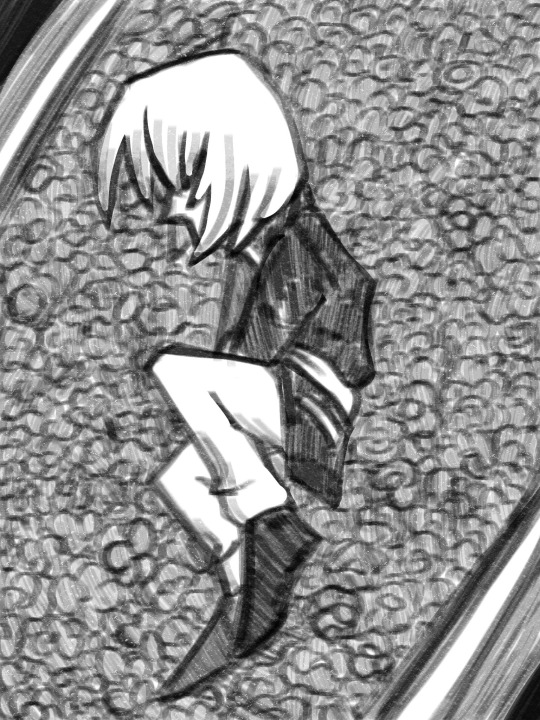
2023 fanart of rei asaka and mikage souji
#revolutionary girl utena#shoujo kakumei utena#oniisama e#rei asaka#mikage souji#souji mikage#i feel grasping in straws lately#so i think i'll really just post some art for activity....#i'm too lazy#rgu
29 notes
·
View notes
Text
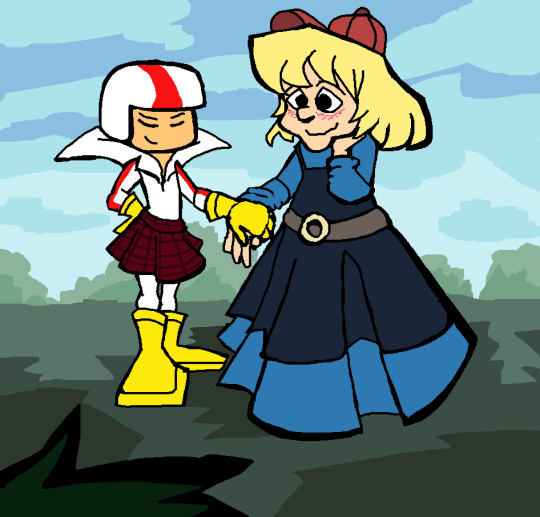
I've been thinking about gnc gunther for too long
#kick buttowski suburban daredevil#kick buttowski#kickgunther#kinther#gunther magnuson#mc paint#sorry I cannot imagine kick outside of his canon outfit#drawing this was unironically healing af after seeing too many pics of a nd coded character being shipped with an ableist girl#sorry for this kind of rambling kinther is just a comfort ship to me
15 notes
·
View notes
Text
i made this and it got me screaming and dying from laughter (why do i feel like t**ga would sing it UNIRONICALLY)
28 notes
·
View notes
Text

just kick in skirt
6 notes
·
View notes
Text
It's even worse because the show never holds Fukiko accountable for all of her abuse and treats her and Rei's relationship as "pure sisterhood"…
i have a strong dislike for fukiko ichinomiya. i hope that entire family goes to hell
14 notes
·
View notes

